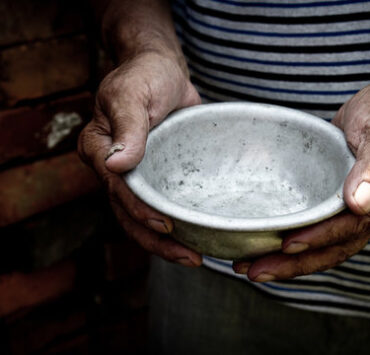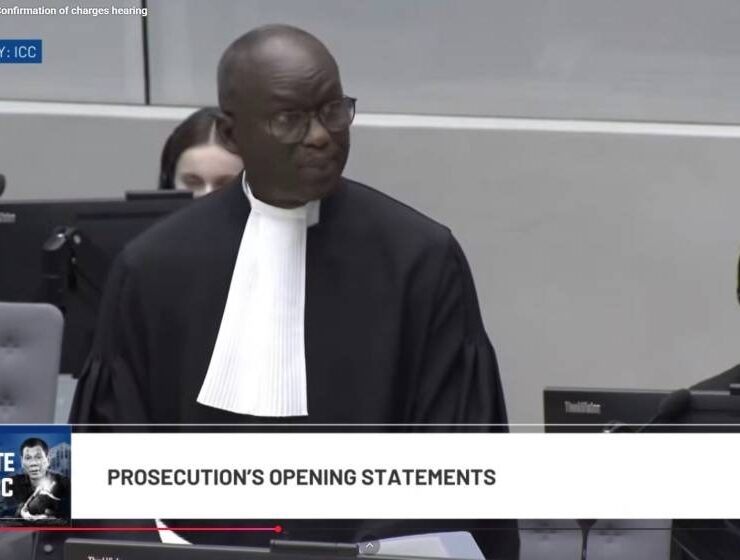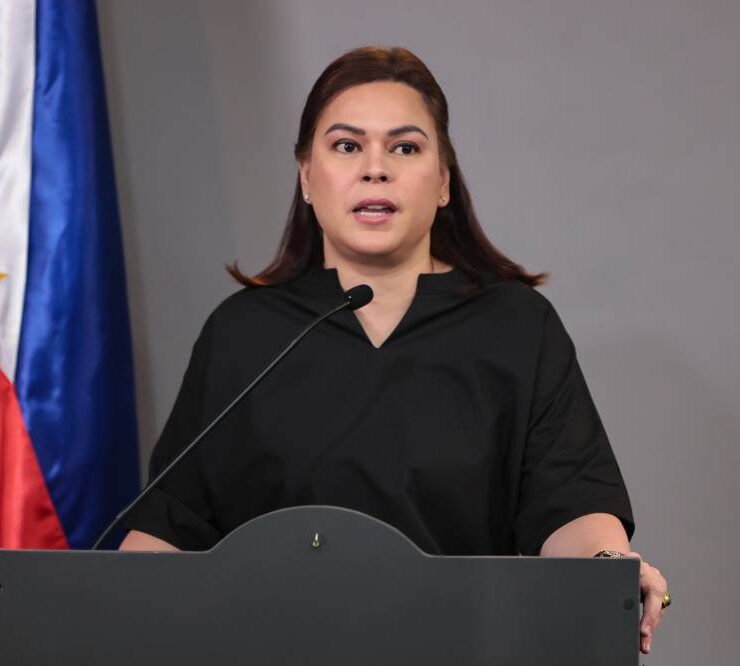From plows to profits: Pangasinan farmers go big on ‘corporate’ fields
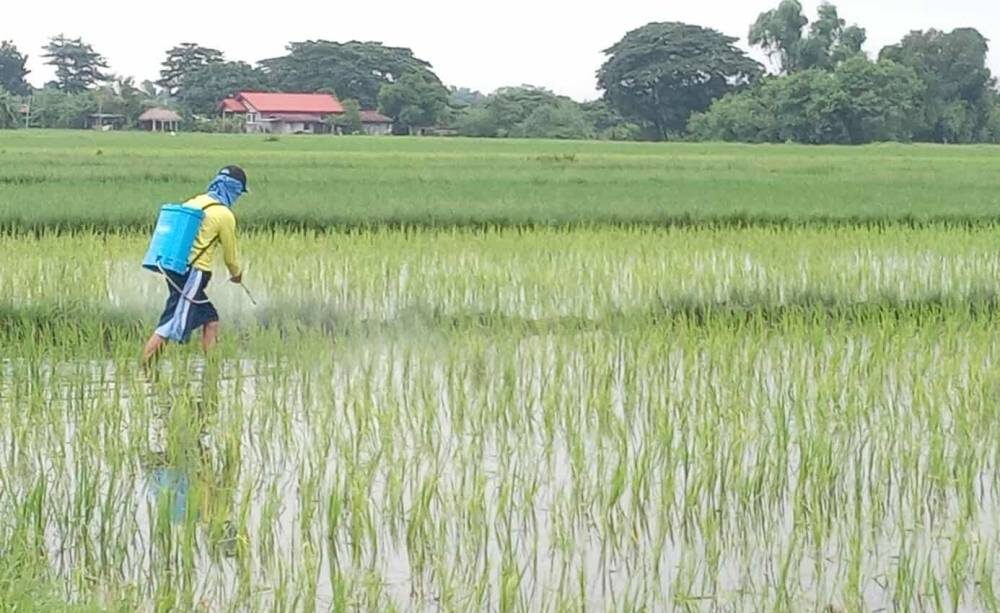
LINGAYEN, PANGASINAN—At 76, Felomino Estaris has, for the first time in his farming life, joined the “corporate” world.
But instead of leaving his 1.3-hectare rice farm for the city, he has entered a different kind of corporation—one that still involves tilling the soil and planting rice, now in close coordination with fellow farmers in Barangay Palguyod, Pozorrubio of Pangasinan.
Estaris is the oldest among 24 members of the Pozorrubio East and West Farmers Association (Pewfa), whose rice fields have been clustered and are now part of the Pangasinan provincial government’s corporate farming program.
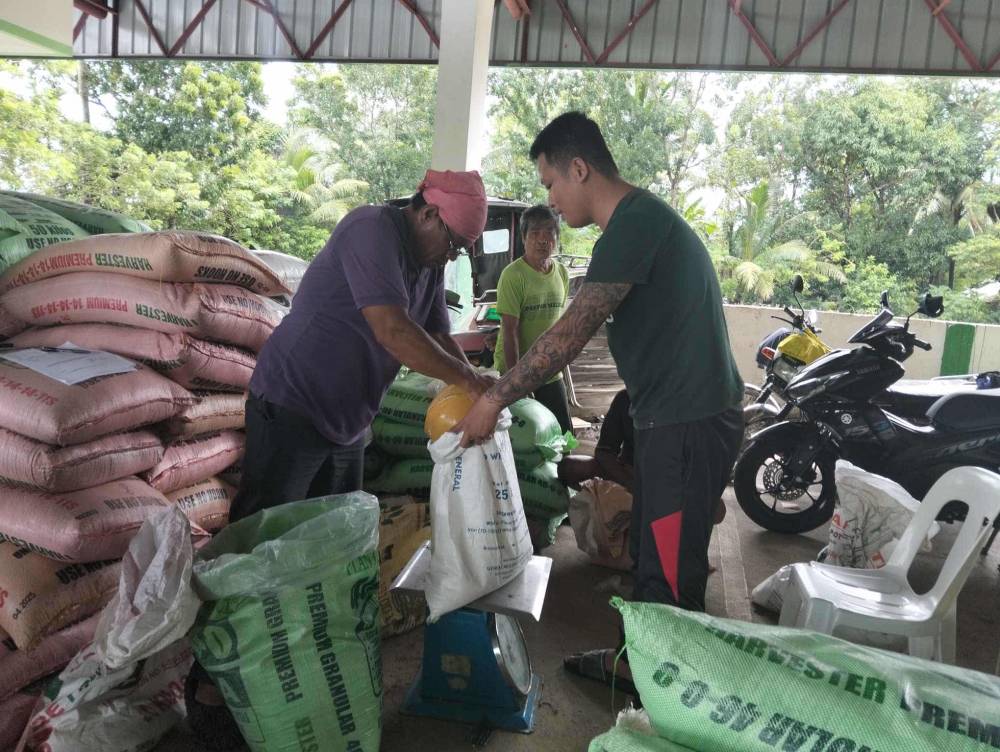
Since joining the program, Estaris’ harvest has grown from 120 cavans (50 kilograms per cavan) to 150 cavans per cropping season, according to Pewfa president Leankin Jude.
Jude, 44, left his information technology career to return to his family’s farmland in Pozorrubio and now leads the association’s 115 members in modernizing practices, boosting yields and securing government and private support.
Only 24 farmers with adjoining lots are currently in the cluster.
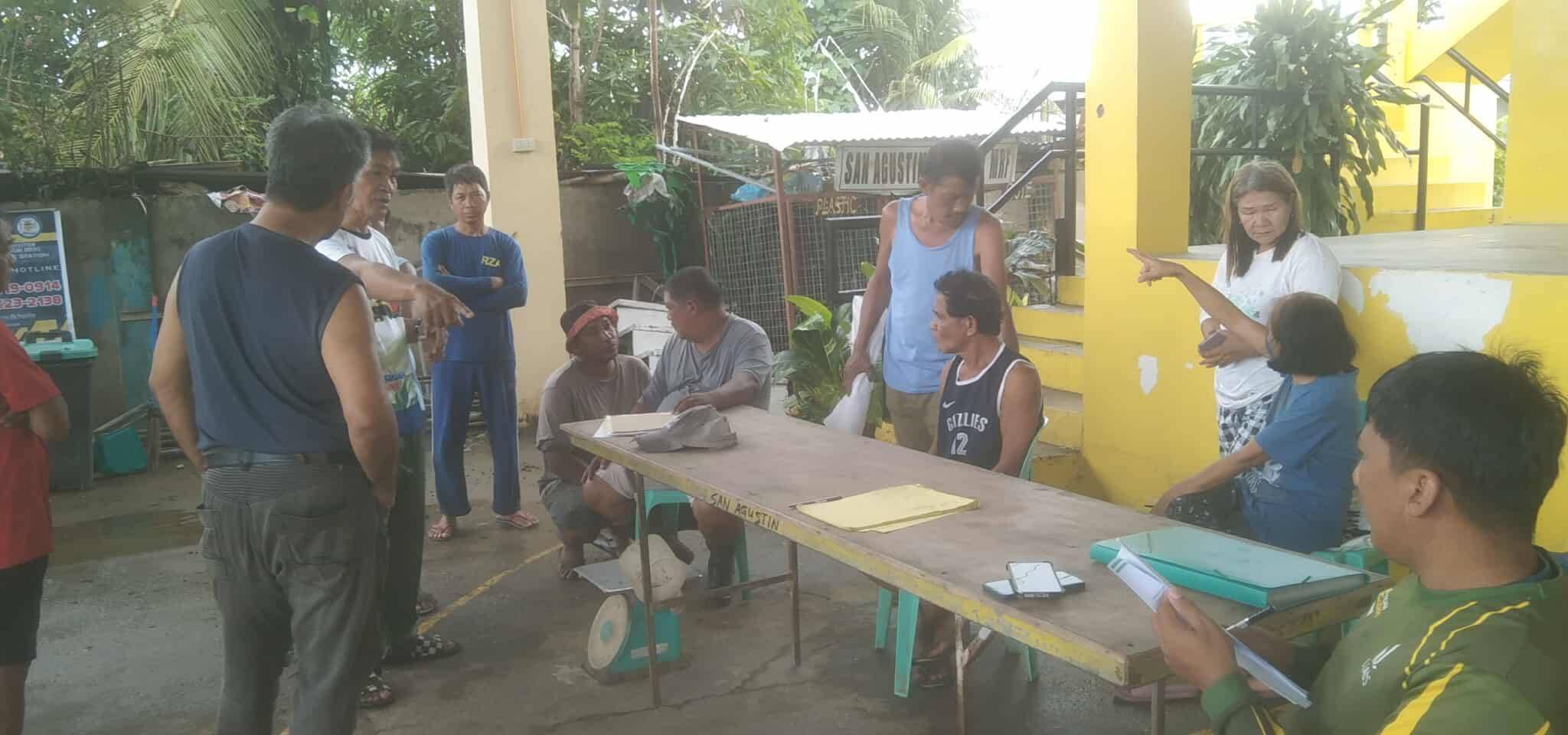
Zero interest
Through the program, they access fertilizer and pesticide on zero-interest credit from the Provincial Agriculture Office and synchronize planting schedules to cut costs.
“We help each other. For example, if one is behind schedule, the other members help him catch up,” Jude says in an interview.
In Urdaneta City, 68-year-old Federico Zamora, president of the Catablan Farmers Association, says the province’s corporate farming program has been a lifeline for farmers “who can hardly afford the cost of fertilizer.”
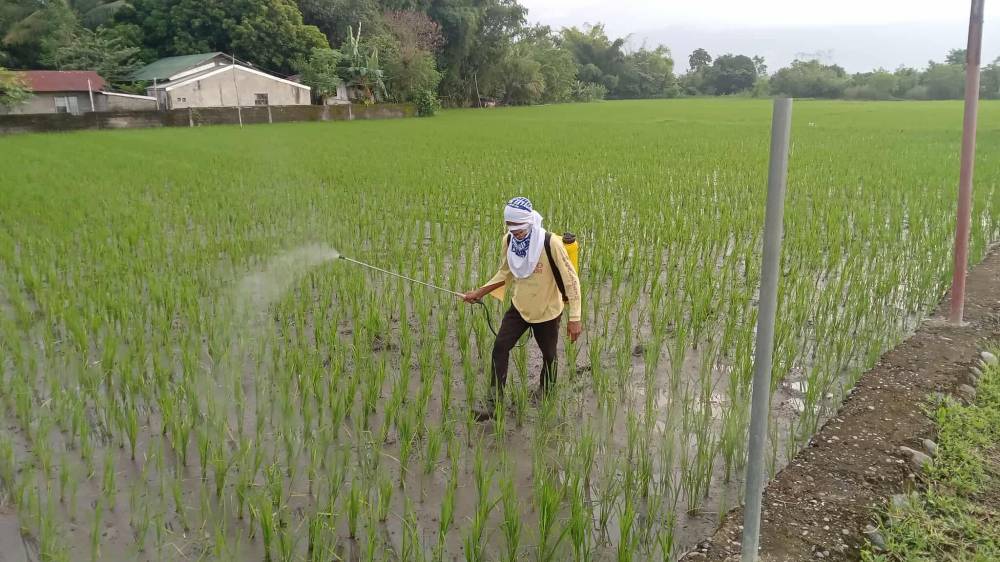
Inputs, he clarifies, are not free but interest-free, payable after harvest. “Without help, a farmer might use only six bags of fertilizer—far below the recommended 10 bags per hectare,” Zamora adds.
Farmer-members also receive training on new farming technologies and pest and disease management.
Data from the Provincial Agriculture Office shows a 13.59-percent yield increase during the March harvest—about 12 additional cavans per hectare.
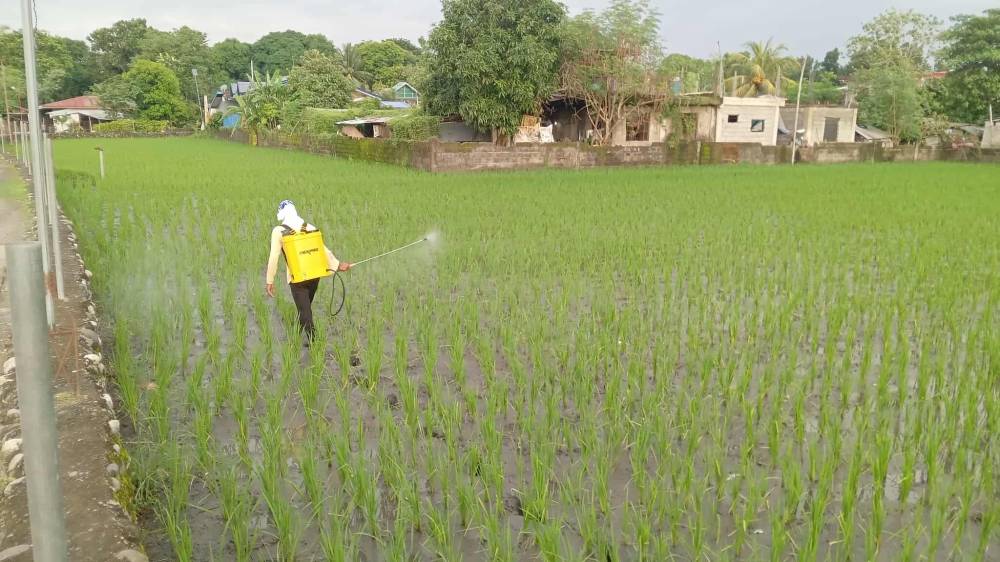
Economies of scale
Net income for hybrid rice farmers rose by 42.85 percent (P20,684), while inbred farmers saw a 57.49-percent (P21,245) boost.
Gov. Ramon Guico III, who launched the program in 2022, says the key is “economies of scale.”
He explains: “When small plots are clustered together, they form bigger farms. The bigger your farm, the more efficient your inputs become, and the higher your yield.
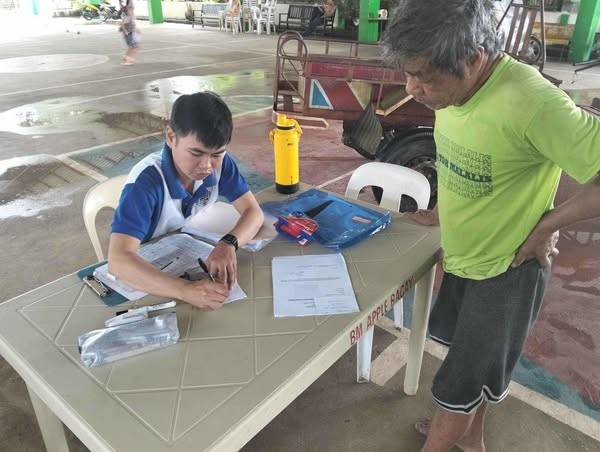
“We now have 1,000 ha under the program. If small plots plant the same variety, source their inputs from the same supplier and follow the same schedule, we’ve seen that the yield improves and costs go down,” Guico adds.
According to the governor, “it’s simple but it’s more cost-efficient,” and the yield per hectare is higher while production costs are lower.
The program operates through a convergence of farmer cooperatives, local governments, the Department of Agriculture and its attached agencies, private partners and financial institutions.
Vulnerable
Like all farming activity, however, it remains vulnerable to natural disasters such as typhoons, floods, droughts and pest infestations.
Yet corporate farmers, like Estaris, remain hopeful that their palay will survive and thrive.
The corporate farming program is one of Guico’s flagship initiatives during his first term. It aims to boost food production and make farming a sustainable, profitable enterprise. Currently, 1,442 farmers from 54 cooperatives in 46 towns are part of the program.
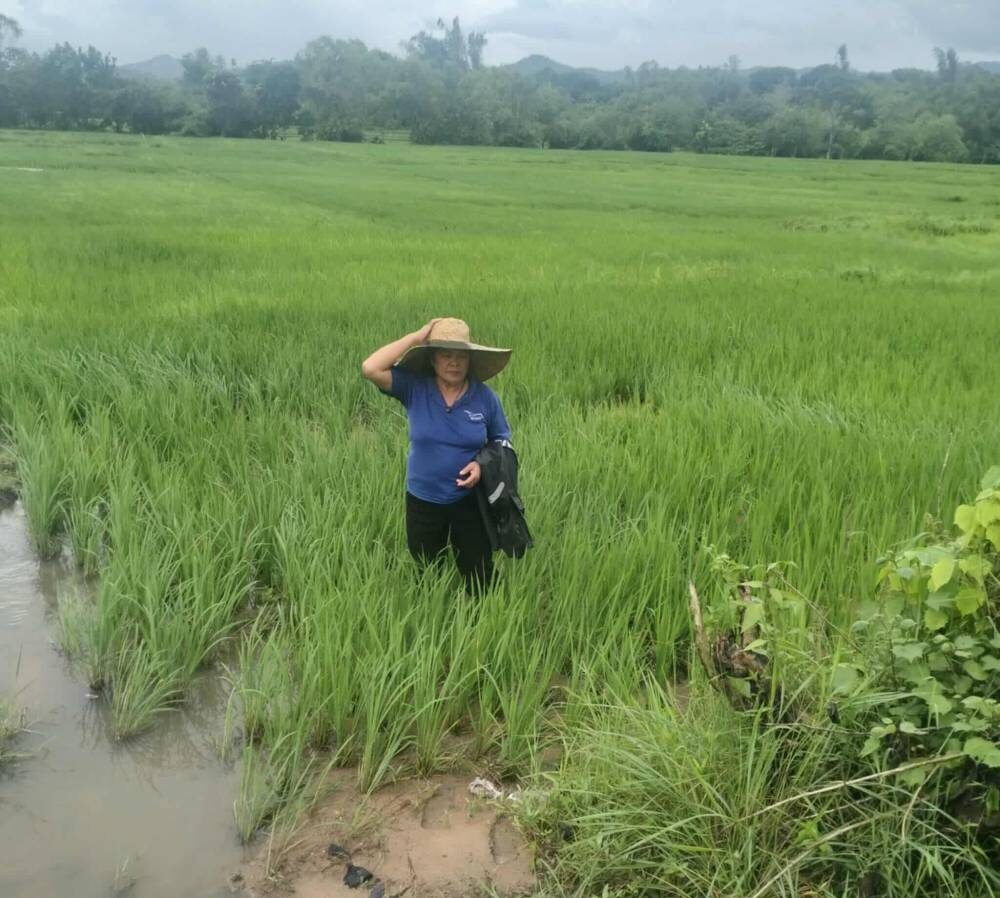
After each disaster, program coordinators move quickly—assessing damage and delivering intervention materials so farmers can replant or recover their crops.
For now, corporate farmers—like all farmers—are holding on to hope that their palay will survive. But the long-term goal is for the cooperation among them to continue with support from the provincial government and concerned national agencies.
“Hopefully, with this program, we will have better yield so we can have better income and be able to help our family and the community,” Jude shares.















